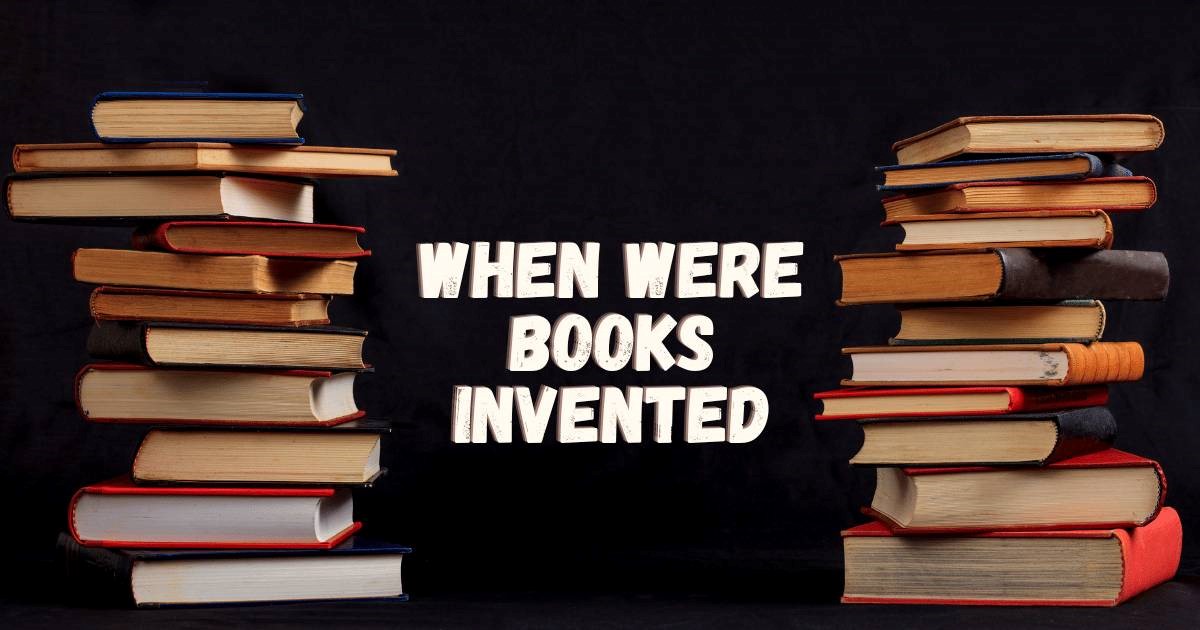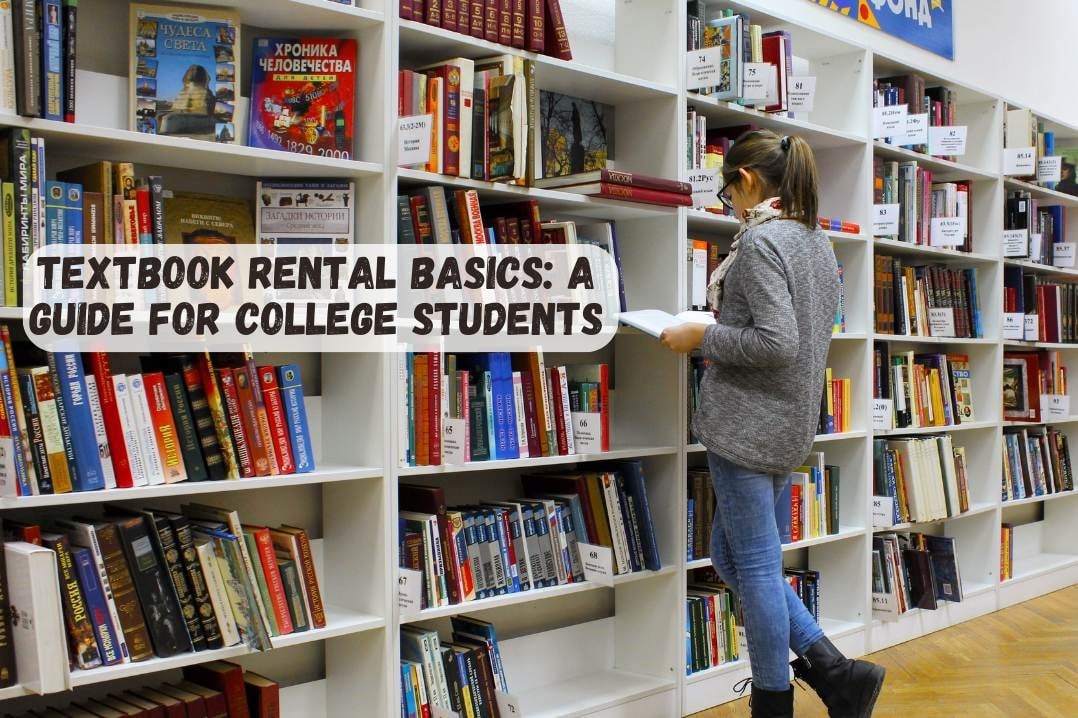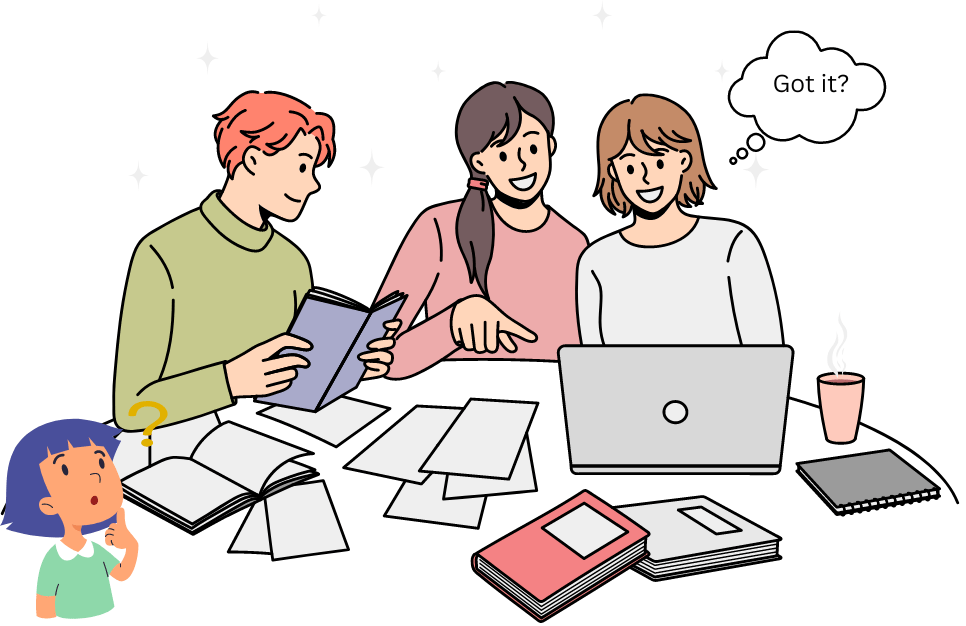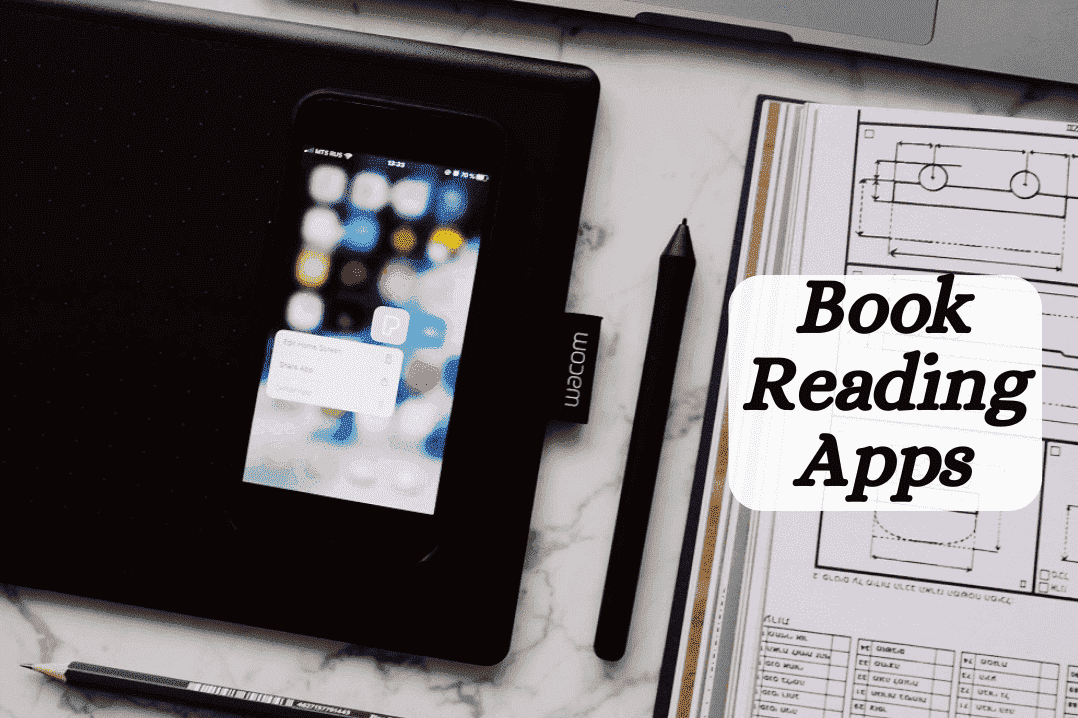The invention of the printing press by Johannes Gutenberg in the mid-1400s is one of the most vital events in records. This new generation modified how humans shared information and made essential adjustments in many areas of existence, including education, faith, technology, and the humanities. In this article, we will share how the printing press significantly impacted these areas and why they're applicable today.
The Start of the Printing Press
Before the printing press, copying books by hand took a long time and became pricey. The best rich human beings and church homes must have the money for books, and most humans couldn't read. Gutenberg's invention modified the entirety. He created a movable device, allowing books to be found quickly and in substantial numbers. The first fundamental book found this way was the Gutenberg Bible around 1455. This began the "Gutenberg Revolution," which made revealed books commonplace and available.
Spreading Knowledge and Literacy
One of the most essential outcomes of the printing press change was making knowledge available to all. Books have become cheaper, and more human beings desire to buy them, which has helped more people learn to look at them. This boom in literacy helped begin the Renaissance, a time when people became very interested in paintings, technology, and getting to read. Scholars should share the effects of their thoughts, leading to quicker progress in many fields.
Recommended Reading:
Impact on Religion
The printing press additionally had a substantial impact on religion. Martin Luther's ninety-five Theses, which criticized the Catholic Church, were quickly discovered and unfolded in Europe. This helped start the Protestant Reformation and led to good-sized changes in Christianity. Printed Bibles in nearby languages allowed humans to examine and apprehend spiritual texts, lowering the church's control over religious knowledge and provoking non-public faith.
Recommended Reading:
Advances in Science
The printing press moreover helped the Scientific Revolution. Scientists like Copernicus, Galileo, and Newton need to put up their findings and share them widely. This allowed different scientists to look at, check, and bring together each precise portrayal, speeding up the development of medical facts. The ability to print diagrams and instructions as they have to be helped unfold new ideas and strategies, contributing to the Enlightenment, a length focused on motive and expertise.
Recommended Reading:
Cultural and Artistic Influence
The printing press, moreover, motivated arts and subculture. Printed songs allowed composers to acquire more humans. Playwrights, poets, and authors should share their works with a broader goal marketplace, helping literature and drama thrive. The press also helped to maintain cultural background by ensuring crucial works were copied and made available for future generations. Illustrated books and prints made artwork reachable to extra humans.
Recommended Reading:
Economic and Social Effects
The printing press also had significant economic and social effects. The book exchange became a big corporation, creating jobs for printers, publishers, booksellers, and authors. The demand for paper and ink boosted the printing press industries, too. Socially, the printing press helped create a more informed public. People needed to examine pamphlets, newspapers, and books, allowing them to participate more in politics and society and laying the foundation for modern democracies.
Recommended Reading:
Challenges and Criticisms
Despite its many advantages, the printing press had a few demanding conditions. With facts spreading so fast, controlling discovered substances' satisfaction and accuracy became hard. Problems like propaganda, wrong records, and sensationalism began to appear. The printing press also brought about the decline of conventional manuscript copying, inflicting more amazing artisanal skills to be desired. However, the overall effect of the printing press on society became overwhelmingly adorable.
Recommended Reading:
Conclusion
The invention of the printing press, with Johannes Gutenberg's help, changed the vicinity in many ways. It made expertise more fantastic, helped spread religious and scientific minds, brought about culture and the humanities, and had extensive economic and social consequences. While it introduced new annoying situations, the printing press's realistic effect on human civilization is noticeable. It suggests how technology can redesign society and form information.
By studying the printing press's effect, we can see how vital technological enhancements are in the use of development and exchange. As we navigate the digital age, the training we learned from the printing press generation reminds us of the energy of the written phrase.
Recommended Reading:
For a similar analysis on those subjects, please look at our series at Windsor Books.
FAQs
- What becomes the maximum massive effect of the printing press?
The printing presses maximum super effect changed into the democratization of know-how, making books and statistics handy to a far broader intention marketplace. This added elevated literacy and the unfolding of the contemporary mind.
- How did the printing press simplify strategies?
The printing press simplified the production of books by considering mass printing, which extensively reduced the time and cost compared to available copying manuscripts.
- How did the printing press affect the communication?
The printing press revolutionized communication by allowing the fast and massive dissemination of records and the rapid unfolding of thoughts over considerable distances.
- How does the printing press affect society nowadays?
Today, the printing press's legacy is seen in our potential to, without trouble, get the right of entry to and share full-size portions of records, which maintains to strain education, innovation, and cultural change.
- Why is printing so critical?
Printing is essential because it allows for the mass production of texts, making information and literature handy to a vast target market. This enables training, cultural protection, and the unfolding of the mind.
References
- Dittmar, J. E. Information technology and economic change: the impact of the printing press. The Quarterly Journal of Economics, 126(3), 1133-1172.
- Dittmar, J. Ideas, Technology, and Economic Change: The Impact of the Printing Press. Science, 1-49.









